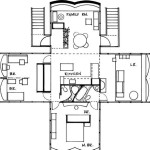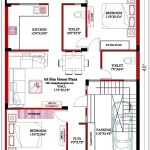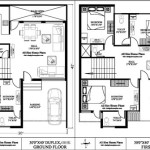Understanding the CBC House of Commons Seating Plan: A Comprehensive Guide
The Canadian Broadcasting Corporation (CBC) House of Commons seating plan plays a crucial role in facilitating parliamentary proceedings and reflects the dynamics of Canada's political landscape. This seating arrangement ensures order and efficiency while allowing for the representation of diverse political viewpoints.
Seating by Party Affiliation
The primary criterion for seating in the House of Commons is party affiliation. Members of Parliament (MPs) are grouped together based on their political affiliations, creating distinct sections for each party.
The Government benches are located to the right of the Speaker's chair, occupied by the governing party. The Official Opposition is seated to the left, directly facing the Government. Other recognized parties occupy the remaining seats.
Front and Back Benches
Within each party section, there is further distinction between front and back benches. MPs with ministerial portfolios, senior party members, and experienced legislators typically occupy the front benches, while newer or less senior members sit on the back benches.
This seating arrangement symbolizes seniority and authority, with the Prime Minister occupying the front-center seat on the Government benches. The Leader of the Opposition holds a corresponding position opposite him.
Crossbenches and Independent MPs
The crossbenches, located between the Government and Opposition benches, are reserved for independent MPs and members of small parties not recognized as an official party.
Independent MPs do not align themselves with any particular party and may have their own specific views or represent specific constituencies. Their seating arrangement reflects their independence and autonomy in parliamentary proceedings.
Influence on Parliamentary Dynamics
The CBC House of Commons seating plan is more than a mere arrangement of seats. It influences the dynamics of parliamentary debate and decision-making.
The proximity of MPs to the Speaker and to opposing parties facilitates direct engagement and robust exchanges. The seating arrangement creates a sense of order and decorum, fostering respectful and productive discussions.
Symbolic Significance
Beyond its functional aspects, the CBC House of Commons seating plan also holds symbolic significance. It represents the balance of power within Parliament, the diversity of political perspectives, and the importance of consensus-building in democratic governance.
The arrangement of seats is a constant reminder of the need for cooperation and compromise in the pursuit of the common good.

House Of Commons Seating Redesigned To Squeeze In Extra Mps Cbc News

Can Commons Seats Change Without Adding Mps Cbc News

House Of Commons Seating Chart Cbc News

House Of Commons Seating Redesigned To Squeeze In Extra Mps Cbc News

House Of Commons Seating Redesigned To Squeeze In Extra Mps Cbc News

House Of Commons Seating Redesigned To Squeeze In Extra Mps Cbc News

Democracy S A New Seating Plan For Mps Cbc Radio

42m Glass Dome Approved For Parliament Cbc News

Mps Reviewing Virtual Voting Options To Bolster Covid 19 Parliament Cbc News

House Of Commons Wikipedia








